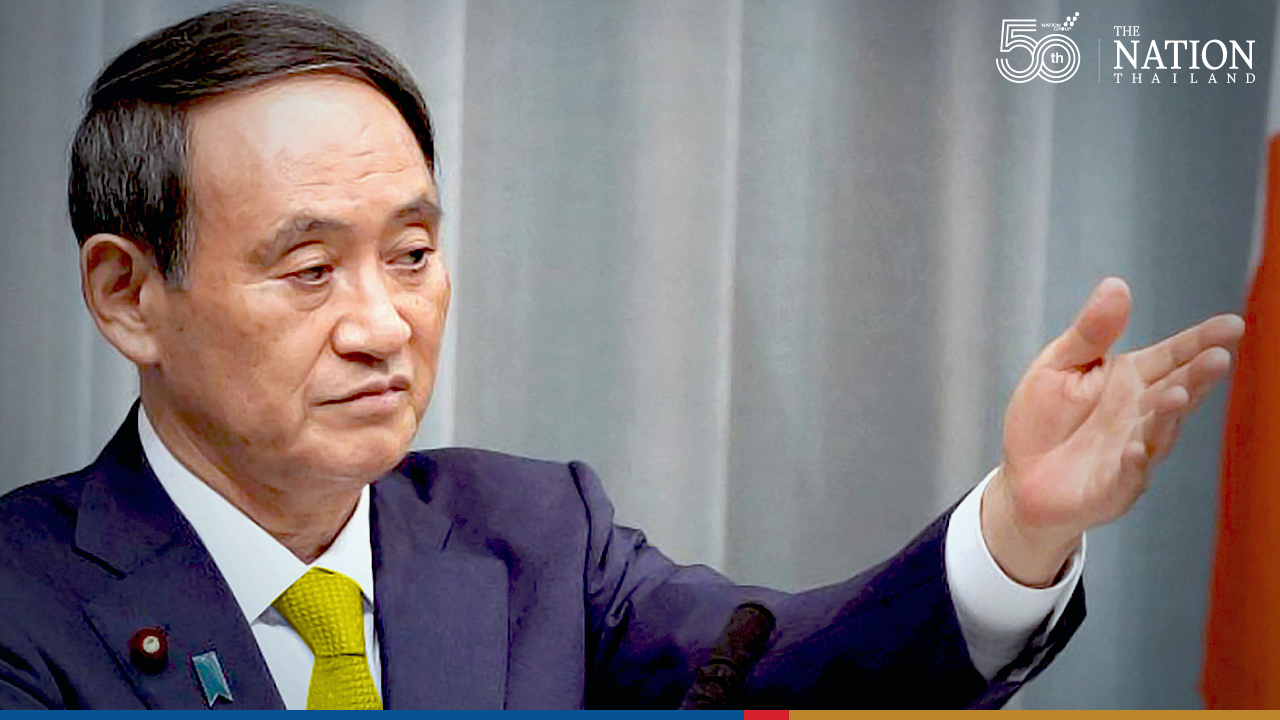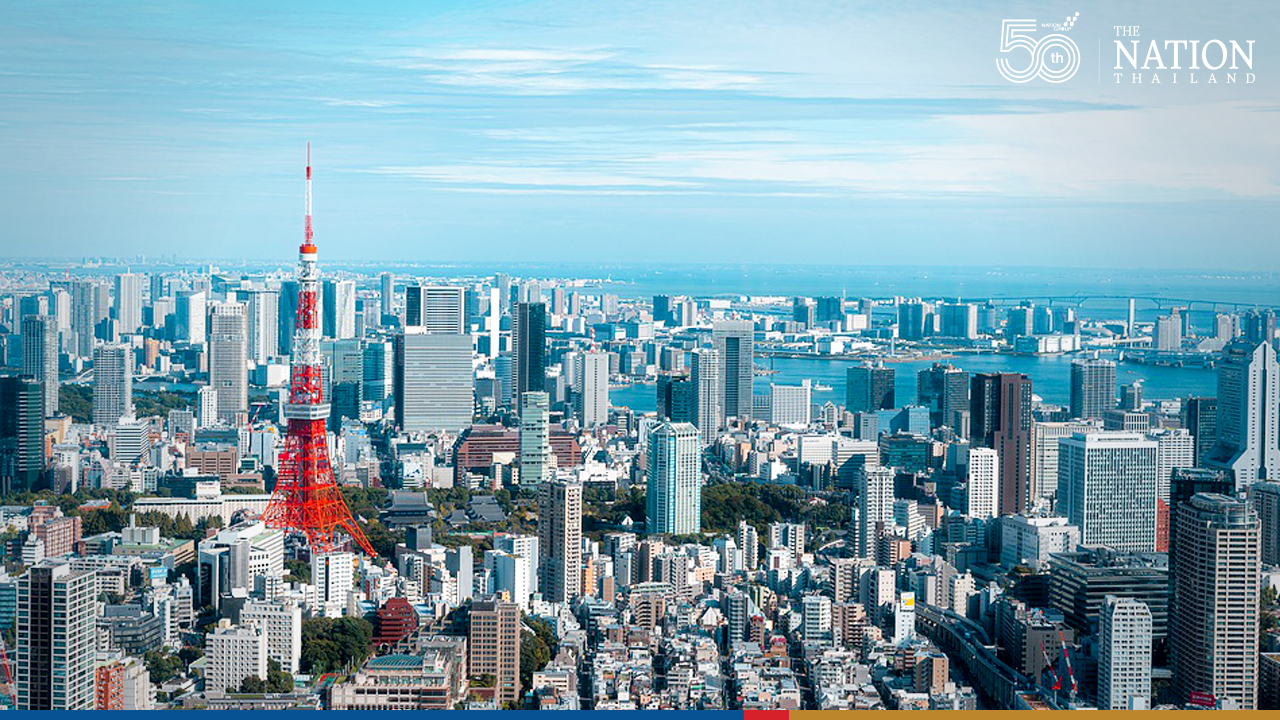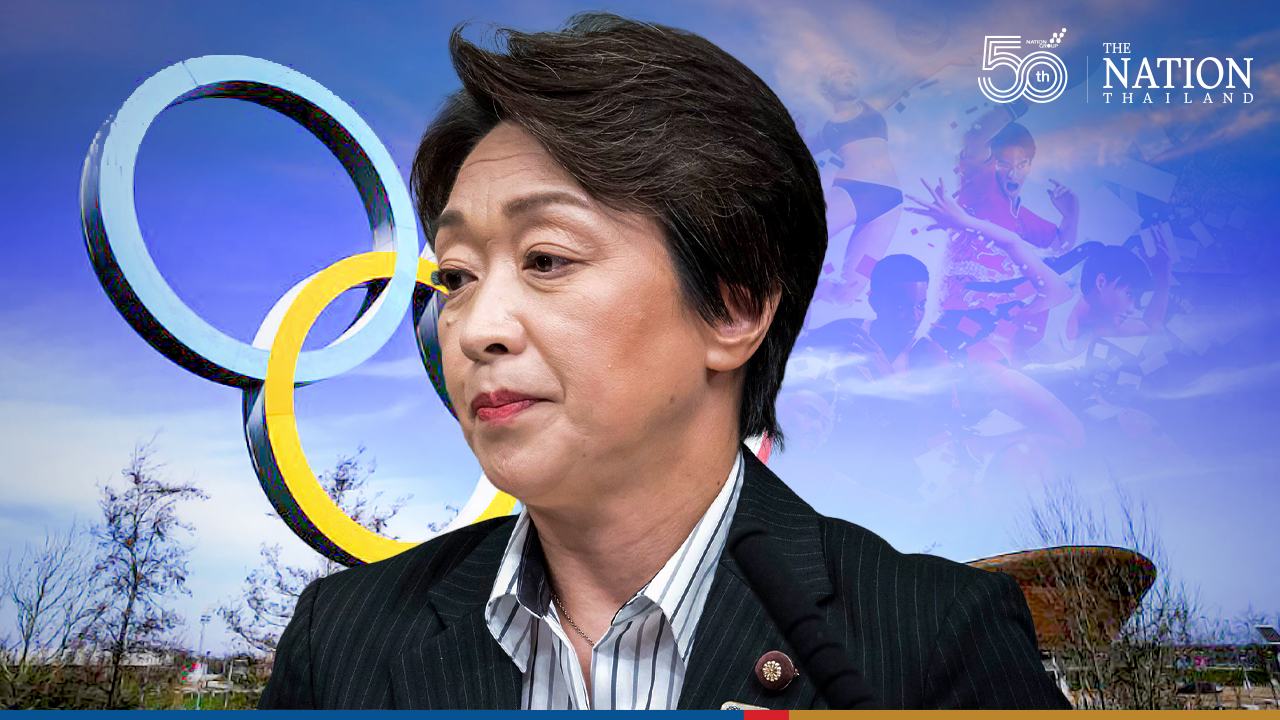[Japan] Restaurants that cooperate with requests to stop serving alcohol will get financial support in advance
![[Japan] Restaurants that cooperate with requests to stop serving alcohol will get financial support in advance [Japan] Restaurants that cooperate with requests to stop serving alcohol will get financial support in advance](https://media.nationthailand.com/uploads/images/md/2021/07/T3LTFcS6IhSnbglcCPjW.jpg)
Eating and drinking establishments that comply with requests to stop serving alcohol will be offered financial support in advance under a new system being introduced by the government.
The so-called cooperation money is expected to help the dining sector in Tokyo and Okinawa Prefecture during the latest state of emergency, as well as areas where emergency-level priority measures are to be applied.
From Monday to Aug. 22, a fourth state of emergency will be in effect for Tokyo, where priority measures are in place until Sunday. Meanwhile, in Okinawa Prefecture, the current state of emergency will be extended and emergency-level priority measures will continue for Saitama, Chiba, Kanagawa, and Osaka prefectures.
“We must absolutely avoid a situation in which infections spread from Tokyo,” Prime Minister Yoshihide Suga said at a press conference.
In Tokyo and Okinawa Prefecture, eating and drinking establishments will be asked to stop serving alcohol.
In prefectures where priority measures are in place, eateries are currently allowed to serve alcohol until 7 p.m. However, the government has revised its coronavirus basic policy, asking eateries in areas under priority measures to not serve alcohol without the prefectural governor’s approval.
To obtain cooperation from bars and restaurants, the government included a new system so that businesses that comply with the request can receive financial support in advance.
Many eateries have been ignoring requests to close or shorten business hours because it takes time to receive financial support from the government after filing applications.
The government will also ask liquor wholesalers to stop taking orders from bars and restaurants that do not cooperate with requests to stop serving alcohol.
■ Delta variant
The delta variant of the novel coronavirus, which is believed to be more contagious than the original form of the virus, is spreading in Tokyo.
In Okinawa Prefecture, the number of new infections remains at Stage 4, the most serious level on the government scale.
Priority measures will be extended through Aug. 22 for Osaka and three of Tokyo’s neighboring prefectures, but they will end on Sunday for Hokkaido, Aichi, Kyoto, Hyogo and Fukuoka prefectures.
The maximum number of spectators at large-scale events will be 5,000 for all areas under a state of emergency or priority measures. In Tokyo and Okinawa, events will be held no later than 9 p.m.
Suga said he hoped that about 40% of the population would have received at least one shot of a COVID-19 vaccine by the end of July.
If vaccinations and alcohol restrictions, among other measures, lead to an improvement in the infection situation, the state of emergency or priority measures may be lifted ahead of schedule.
The Tokyo metropolitan government will ask eating and drinking establishments in the capital to stop serving alcohol from Monday.
When the third state of emergency ended on June 21, the metropolitan government said eateries could serve alcohol if customers stayed no longer than 1½ hours and refrained from dining in groups of more than two people.
After just three weeks, it will again ask eateries to stop serving alcohol and to close by 8 p.m.
Requests will continue for large commercial facilities to close by 8 p.m. and events to limit the number of spectators to 50% of the venue’s capacity or 5,000, whichever is lower.
Tokyo Gov. Yuriko Koike said Thursday at the Tokyo metropolitan government’s coronavirus headquarters: “We share the central government’s sense of urgency. We will take more effective and more powerful measures.”





